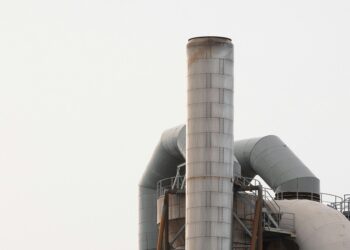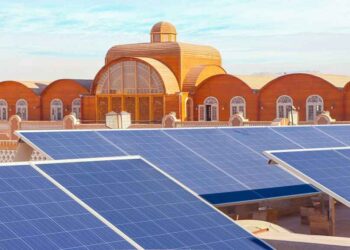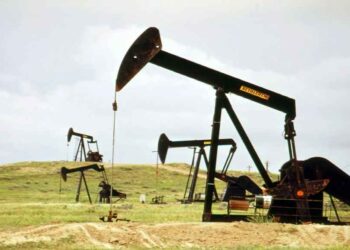Repsol’s board of directors has approved investment in the expansion of its refinery in Cartagena. The Spanish oil company claims the €3.2bn figure is the refinery sector’s biggest investment in a conversion in recent years.
The refinery has a present capacity of 100,000 barrels per day (bpd) and is set to yield 220,000bpd or 11 million tonnes a year after the investment. Repsol expects the complex to become one of the world’s most modern refineries.
The refinery complex has been temporarily halted since mid-April 2009 as a result of low refining margins but the company hopes to restart it once margins begin to improve. Cartagena is the smallest of Repsol’s five refineries in Spain.
“Repsol’s board of directors has approved investment in the expansion of its refinery in Cartagena.”
The project
The project is scheduled to begin operations in 2011, and will provide employment to more than 6,000 people during construction and 700 once operational. Project development for the refinery will account for more than 3.5 million engineering hours and 20 million construction hours.
With the new unit, the refinery will have one of the world’s largest conversion capacities at about 76% and will maximise the production of clean transportation fuels.
According to the company the new hydrocracking unit will have a capacity of 2.5 million tonnes a year and the new coker unit will have a capacity of 3 million tonnes a year.
Production
Of the €10.5bn earmarked for downstream strategic lines and investment targets, about half – or €4.8bn – of the funds will be spent on the delivery of key growth projects. These include a new Bilbao coker, the expansion of Cartagena, and the conversion and expansion of Sines (petrochemicals).
The investment is part of Repsol’s four-year (2008-12) refining strategy, which includes the objectives of increasing oil distillation and conversion capacity in Spain, and helping to remedy the deficit of medium distillates in the market.
After the investment more than 50% of the complex’s production will be medium distillates, mainly diesel, which will contribute to significantly reducing the growing deficit of these products in Spain.
The Cartagena project forms part of Repsol’s programme to adapt its installations for the production of clean transportation fuels, promote the use of biofuels (biodiesel) and improve energy efficiency, safety and impact on the environment.
Economic impact
After commencing operations in 2011 the refinery will represent €115m a year in salaries. It will also account for 18% of employment in Cartagena’s industrial sector. It will share 10% of the GVA of the district and 2.5 % of GVA for the region.
Construction status
Work has already progressed to more than 20% completion. As many as 1,500 people are working at the expansion site and 2 million tonnes of earth have been moved.
As well as a new hydrogen production unit, additional plants and auxiliary installations, a Cartagena-Puertollano pipeline will ensure the smooth flow of oil. The expansion of auxiliary services at the plant site includes extra storage, interconnection and modification of transport system infrastructures.
According to estimates, 60 hectares of new surface area will be prepared for the expansion plan. Construction will involve about 35,000t of steel, more than 1,000km of pipes and 4,500km of cables. After the completion the company expects electricity consumption of 70MW against the present use of 23MW.
Down the line
In 2008 capacity at Repsol’s five refineries in Spain (Cartagena, A Coruna, Petronor, Puertollano and Tarragona) increased by 30,000bpd for the investments made by the company. This production enabled installed capacity in Spain to go from 740,000bpd to 770,000bpd. At the La Pampilla refinery in Peru, where Repsol holds a 51.03% stake and is the operator, installed capacity was 102,000bpd.
“The investment is part of Repsol’s four-year (2008-12) refining strategy.”
Repsol sold its 31.13% stake in the Brazilian refinery Manguinhos in 2008 and maintained its 30% stake in the Refap refinery, also in Brazil. In the same year the company’s downstream refineries processed 39 million tonnes of crude: slightly less than in 2007.
In January 2009 the new European specifications on automotive petrol and diesel came into force, by which the sulphur content of these fuels is reduced from 50 to 10 parts per million. Repsol’s Spanish refineries arranged the necessary investments and are ready to manufacture in accordance with these specifications.
In order to consolidate its position in Spain, the company is carrying out an ambitious investment plan to increase refining capacity and conversion level, while also improving safety, the environment and the efficiency of its facilities.

















































